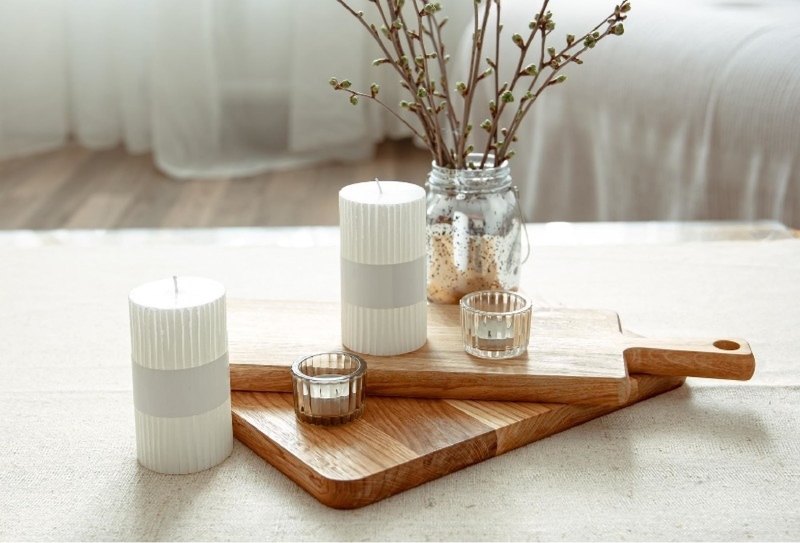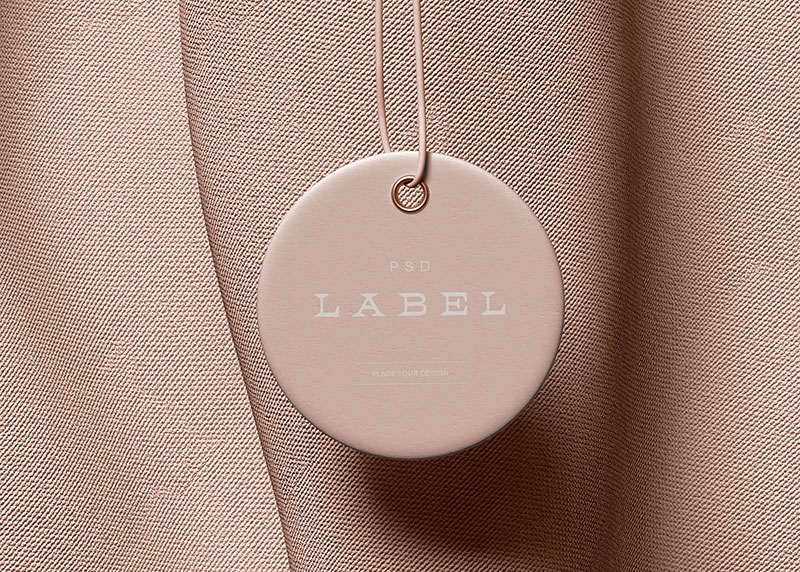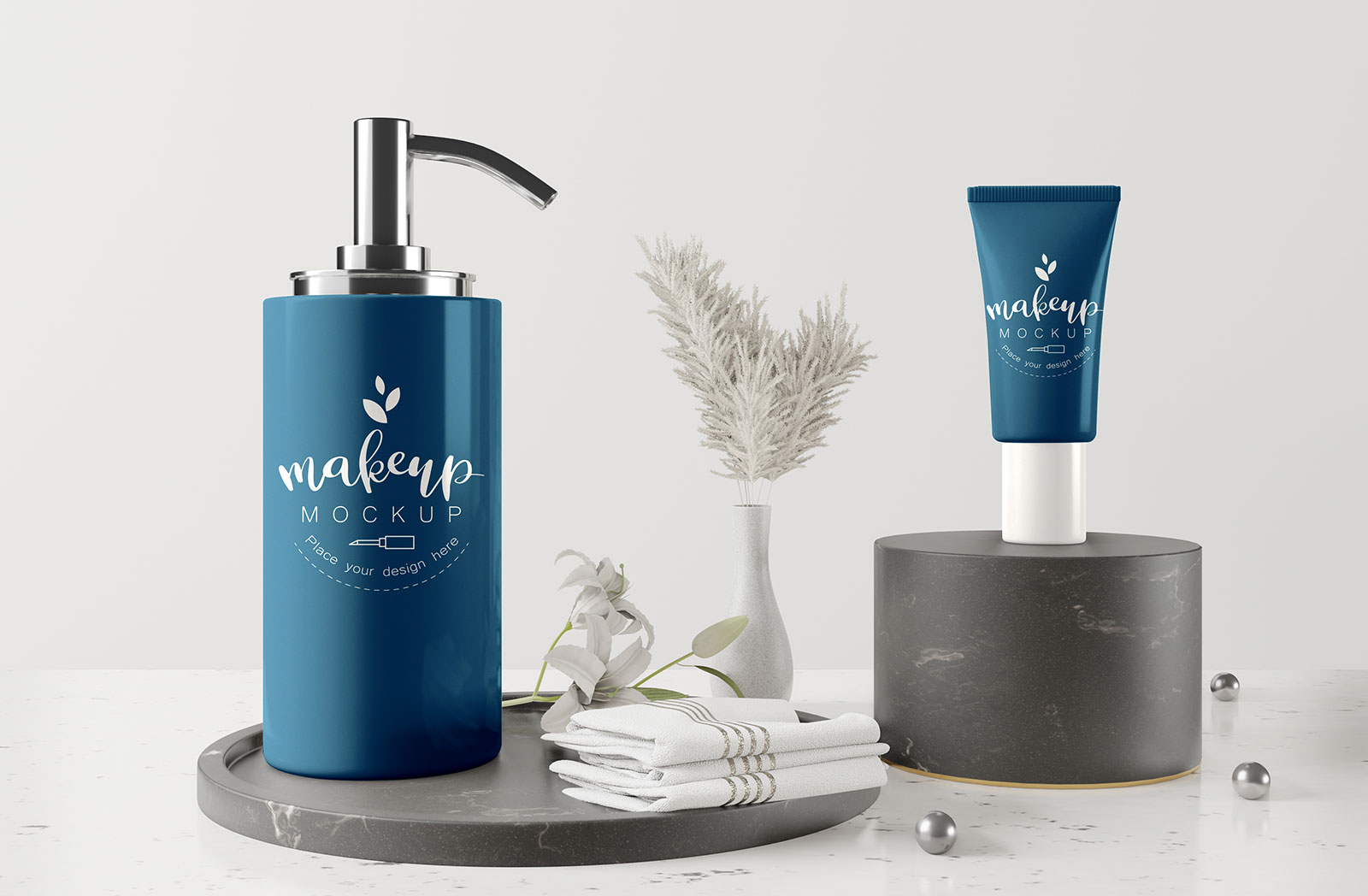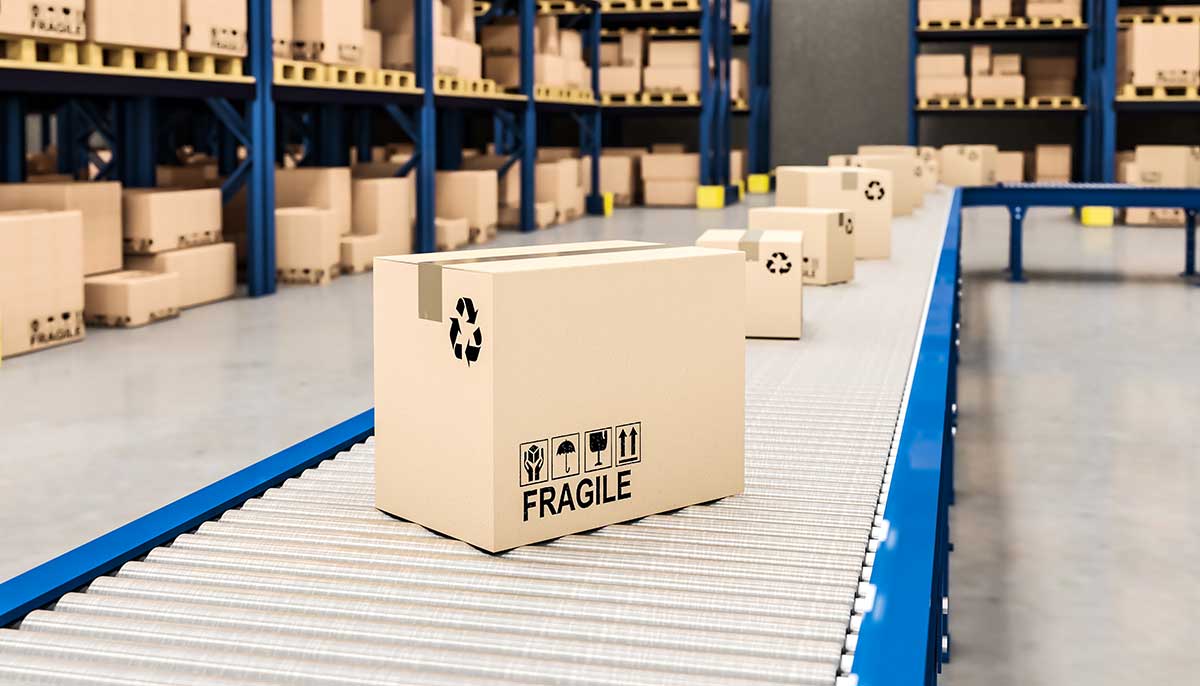What is a Private Label or Private Labelling?
The majority of retailers, both online and offline, obtain their merchandise from wholesale suppliers. There aren’t many large wholesale companies that produce and sell their wholesale products directly to customers. That sales channel method is becoming more prevalent, but it is still uncommon in certain niches or large world wide brands.
If you’re not familiar with the term private labelling, keep reading. We’ll go over it in detail. Then we’ll go over the most notable advantages and disadvantages.
Private Label Definition
A private label product is manufactured by a third party (maker or wholesaler) but sold under the retailer’s own brand name. Generally the retailer doesn’t have much control over the development of the products itself as the items have already been made. The only control the retailers have are mainly labels, packaging and retail pricing in which they want to sell the items for.
With that said some private labelling wholesale suppliers will also offer custom wholesale ordering. In general, custom orders means that the manufacturer will customise the product to the retailers specifications, which can include things such as colour, sizing, shape, ingredients and everything else.
The retailer receives the wholesale private label products and sells them. They are the company’s “own brand” items in the eyes of the public. A collaboration software vendor, for example, might develop a private label range of conference call hardware. Those products would be made by a different company.
However, they’d be offered under the original company’s brand name.
Both branded and private label lines are available in most consumer product categories. Here are some examples of industries where private labelling is most common:
- Grooming & Personal Care – Private label nail polish, shampoo, and other personal care products may be sold in nail salons, hairdressers, and other facilities.
- Food & Beverage – Store-brand condiments, sauces, teas and other items.
- Clothing – Clothing retailers on the high end frequently sell their own lines as well as branded alternatives.
- Pet Food & Accessories – Pet stores that sell their own brand of food, toys, and other items.
- Cosmetics & skin care – Products such as moisturising creams, body scrubs, soaps, bath salts etc.
- Candles – Products like candles and other gift items are also available for private labelling. Popular with retailers, corporate and events.

The Benefits of Private Labels
So, why is private labelling so popular in so many industries? Simply put, it’s because the technique offers a slew of benefits to shops of all sizes. Six of the most notable are as follows:
1. Quick & Easy
Private Labelling is the easiest way to get your own branded products on the shelves and online, and ready to sell in a short time.
2. Low minimum order quantity (MOQ)
Private labelling wholesale suppliers are able to offer small minimum order quantities because they have already produced or are able to produce the product in bulk but supply the same product to multiple retail customers. For example a private label candle company will make 250 strawberry scented soy wax candles but sell to 5 different retailers. Each of those retailers will have their own label put on it, which means only 50 candles per retailer.
3. Flexibility
Smaller private labelling suppliers can sometimes be a lot more flexible than those of larger scale wholesale companies as they are able to offer a more personalised service.
4. Pricing authority
Retailers control the resell price of their private labelled products, after all it is their brand so they can sell it at whatever price they see fit. They do not have the restrictions of a set RRP (recommended retail price) put on when stocking other branded products.
5. Branding authority
The problem with selling branded things is that customers don’t fall in love with your store or brand. They form attachments to the creators of their favourite products rather than the distributors. Having your own name and logo appear on private label items and packaging help build your brand awareness and authority within your niche.
6. No product development
When you purchase wholesale through custom or private labelling, you generally don’t have to develop the product as it’s already been developed. All you have to do is order the wholesale quantity you need, design your branded labels and stick them on the products and ta-da you have your own brand.
Private Labels Have Disadvantages
In eCommerce and retail, nothing is ever black and white. While private labelling has many advantages, it also has a few important disadvantage.

1. Developing brand loyalty is difficult
In theory, putting your logo on things is a great idea. In practice, though, establishing considerable brand loyalty can be difficult. After all, your private label items are frequently in competition with well-known brands in a given niche.
Those well-established brands have several advantages over your private label offerings. For one thing, they’ll be offered in a wider range of stores. Your private label products will be the only ones on your shelves. National or international brands, too, have a much larger marketing budget to work with.
2. Product is not unique to you
Items such as candles and skin care, the wholesale suppliers who provide these types of products – in general, they have already done the hard work of developing the products from formulation right through to testing. They then offer these products as private label range to any retailer that wants private labelling. What this mean is that you are not the only one with this particular product – as in a unique scented candle or a body wash with different ingredients.
For example: If you and the retailer next door to you both use the same private label supplier for your candles, both of your candles will be exactly the same, the only difference is that you each have your brand labels on the candles that you stock. This makes it challenging for your brand to stand out from the crowd as the product itself is no difference to, let’s say, the one next door.
3. No control
Retailers don’t have control of the products. The supplier will have a range of products available for private labelling and the retailer will only be able to order what’s on offer. Which means, you could end up with a poor quality product, no option to choose size, colour, scent, texture, shape etc.
4. No brand awareness
If you are just starting out in your business with your new brand, you will have to invest plenty of time and money into marketing and advertisement for your brand to get it to where you want it to be. You will also be the only one stocking your brand, unless you venture into wholesaling.
Tips for Australian retailers starting a private label business

1. Decide and find your products that you want to purchase from the wholesale private labelling supplier or from any other place.
You can sell a wide range of private label products, spanning almost every industry. The following are some of the most popular private label products:
- Products for the hair
- Products for the body
- Products for pets
- Products for children
- Beard grooming items
- Health-related products
Explore several niche markets inside those categories to figure out exactly what to sell and then research your wholesale private labelling supplier. You can use highly targeted marketing and advertising tactics to get your brand and products out there when you sell to a niche market.
2. Contact the manufacturer

Look for manufacturers and wholesale suppliers who have the things you wish to sell once you’ve decided what you want to market.
Make a list of the manufacturers you want to contact and ask if they offer private labelling. If this is the case, inquire about opening an account. This method will allow you to swiftly find a variety of products within the niche you’re studying because most manufacturers carry several products. Ask if the manufacturer has a minimum order value, as you’ll need to figure out whether you want to keep the stock or set up a prepaid account with them.
3. Order samples
It’s critical to put the product through its paces before making it accessible for purchase. While something may appear to be excellent online and even sound excellent when you contact the maker, the reality may be quite different. As a result, you’ll want to do your homework to make sure the products meet your requirements and expectations.

4. Set up an online store
Now that you’ve chosen your manufacturer and products, it’s time to create your online store. You can choose from a variety of free and premium eCommerce themes on Shopify and personalize them. After you’ve set up your online store, go to the Shopify App Store and look for the apps you’ll need to run your private label business, which might include any of the alternatives described above.
5. Add your products to your store
You should perform the following while adding products to your store:
- Make your product descriptions stand out – Instead of detailing features and specs, product descriptions should focus on providing information and benefits.
- Obtain high-resolution product photos – Product photos give customers an impression of what the item looks like, it’s the closest thing they can get without seeing it in person. The manufacturer may be able to offer you photos on occasion.
- Establish a pricing plan – It’s critical to set prices high enough to make a reasonable profit while not outpricing your clients.
6. Launch and market your store
It’s not as simple as flicking on a switch when you’re ready to make your store and private label products public. If you want to make any sales, you’ll need to raise awareness and increase visitors to your website.
Paid advertising on Google, Facebook, and Instagram is a terrific way to get your name out there for new businesses. Then add in email marketing, social media, content marketing, SEO, and client loyalty programs to round out your efforts.

Conclusion
Looking for private labelling suppliers can be challenging but you can start here to explore Australian wholesale suppliers.
Private labelling is a choice available to both online and brick-and-mortar shops. It’s when a merchant has lines made for them to sell under their own name and branding. The main benefits of this is it allows retailers to have their own branded products in short amount of time, which they can then set their own prices and not having to comply with RRP. Taking on well-known brands and producers, on the other hand, is no easy task.





